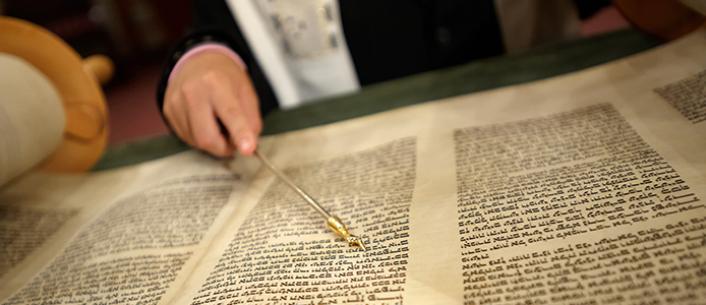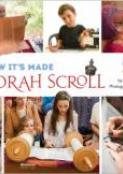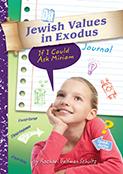- Home
- Play & Learn Home
- Online Enrichment
- Experience Modern Israel
- Israel It's Complicated
- Jewish and Me
- Jewish Holidays Jewish Values
- Jewish Values in Genesis and Jewish Values in Exodus
- Min Ha’aretz
- Our Place in the Universe
- Simply Seder
- The Prophets: Speaking Out for Justice
- Making T'filah Meaningful
- Make, Create, Celebrate
- Yom Haatzmaut Resources
- Hebrew Apps
- About The OLC
- What is the OLC?
- Introduction
- Get Started
- Resources
- OLC Content
- Parent Materials
- See My OLC Classes
- Store
Big Idea for Jewish Learning #1 - Deep Connection to Our Sacred Texts
Written by Behrman House Staff, 06 of September, 2016
As you plan your curriculum, we have created a Big Ideas Guide that identifies three areas that encompass the key values and purpose of part-time Jewish education programs. The Big Ideas in this small downloadable guide help you think through the enduring understandings you want your learners to grapple with as they form connections with Judaism, as well as point to specific Behrman House texts and materials that support the learning and help you guide students.
This first in a series highlights a sample from Big Idea #1 - Deep Connection to Our Sacred Texts.
By developing deeper connections to our sacred texts, we discover the values of our tradition and find meaning to our lives.
Essential questions for each age group help you consider the inquiry you want students to undertake, while examples of learning evidence help you craft meaningful experiences and projects that speak directly to that inquiry and help you assess understanding.
Young Learners:
Essential Question
Who are some of the important characters in the Bible, what are their stories, and why are they important in my life and in my family’s life?
Evidence of Learning
Learners know the names of the Bible characters and their stories, are able to convey how they identify with the characters, and identify values they learn from them.
Supporting Materials
Teach Me Torah (gr K–1): Learners encounter 16 illustrated Bible stories (Adam and Eve, Noah, Tower of Babel)—each in its own folder—that closely adhere to biblical text but are told in simple language written in a large font.
Elementary Learners:
Essential Question
What does Torah text tell us about how we might live?
Evidence of Learning
Learners have skills to study and engage with the text and online commentary.
Learners can cite specific texts where they make direct connections to their own lives.
Supporting Materials
The Explorer’s Bible 1 (gr 3–4): True-to-text English translations of 18 Bible stories give learners an authentic Bible experience. Text is literal with commentaries and midrash clearly separated out.
Jewish Values in Genesis: If I Could Ask Abraham (gr 4-5): Text study and reflective journaling help students explore their personal relationship to Torah.
Middle School Learners:
Essential Question
What do our texts tell us about acting upon the demands of competing values?
Evidence of Learning
Learners can cite a specific value conflict they are facing in their lives, state why both values are right, and use texts to support how they will resolve the conflict.
Supporting Materials
Jewish Values Challenge Cards (gr 6-12): Help students develop a better understanding of 58 Jewish values in a playful environment using card-based games.
Judaism’ Great Debates (gr 6–7): Ten classic debates awaken in learners the spirit of argumentation and debate and challenge them to critically examine decisions made by Bible characters, and our sages and philosophers. For example, in the story of Nathan and David—with its competing values of Courage vs. Talebearing—learners debate the right to free speech vs national security demands for secrecy.
Download the Big Ideas for Jewish Learning guide here.



